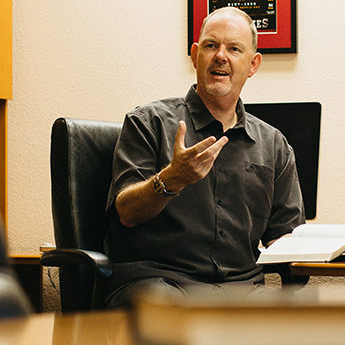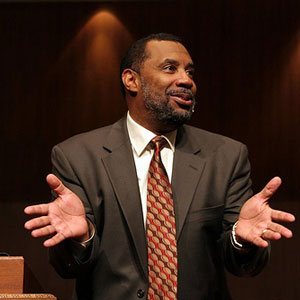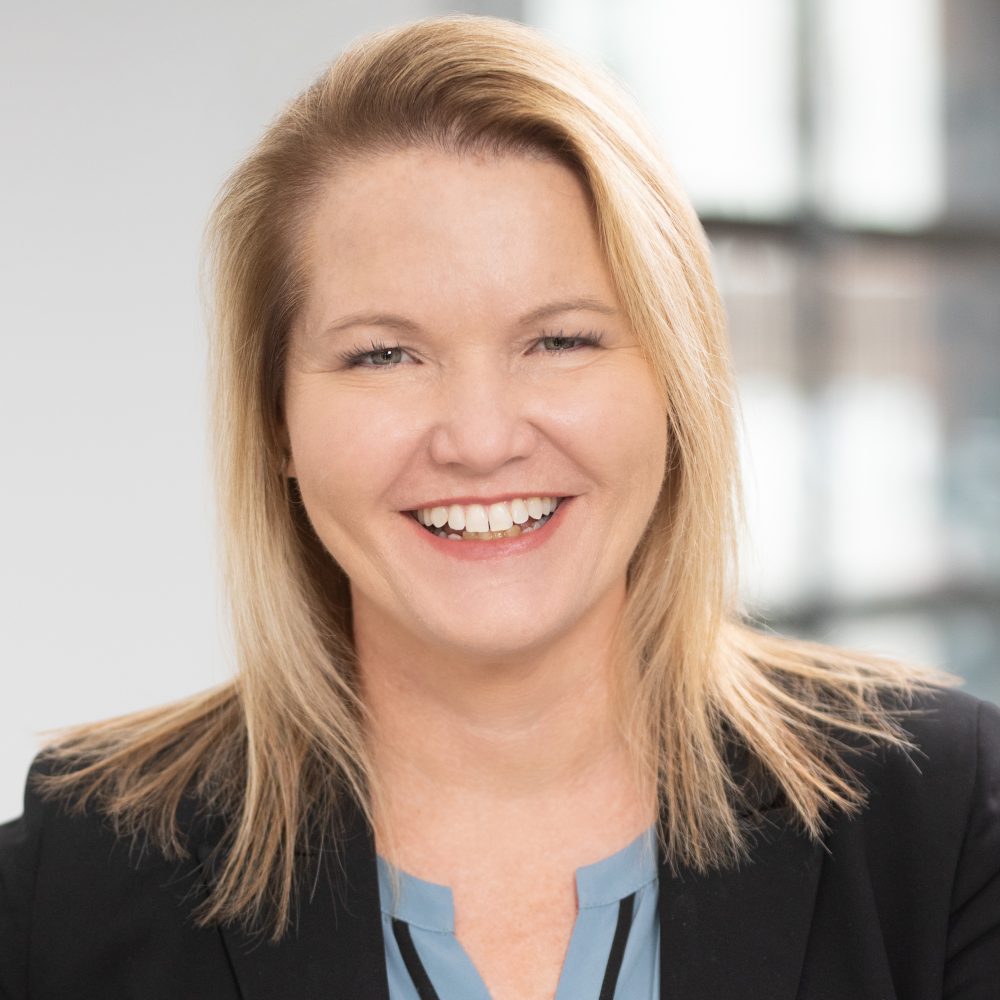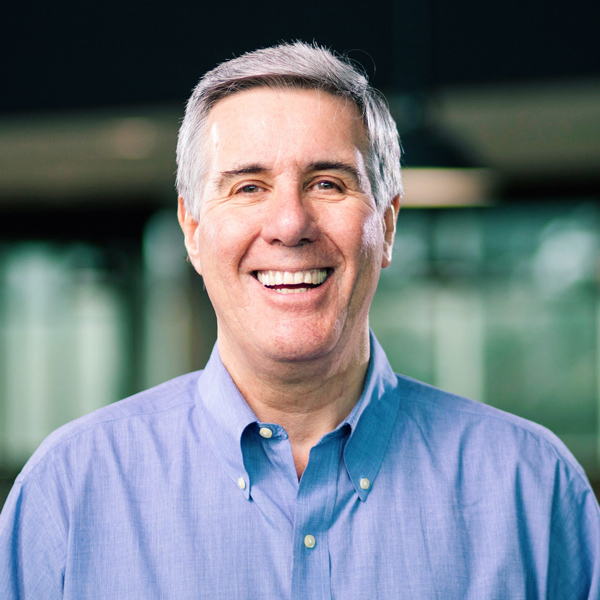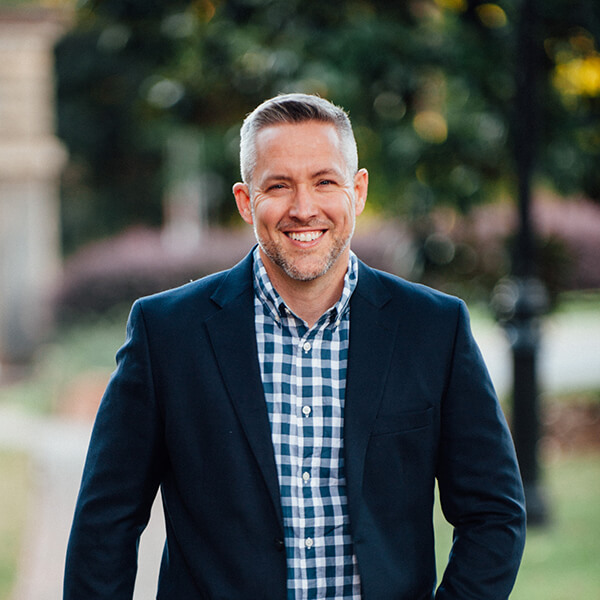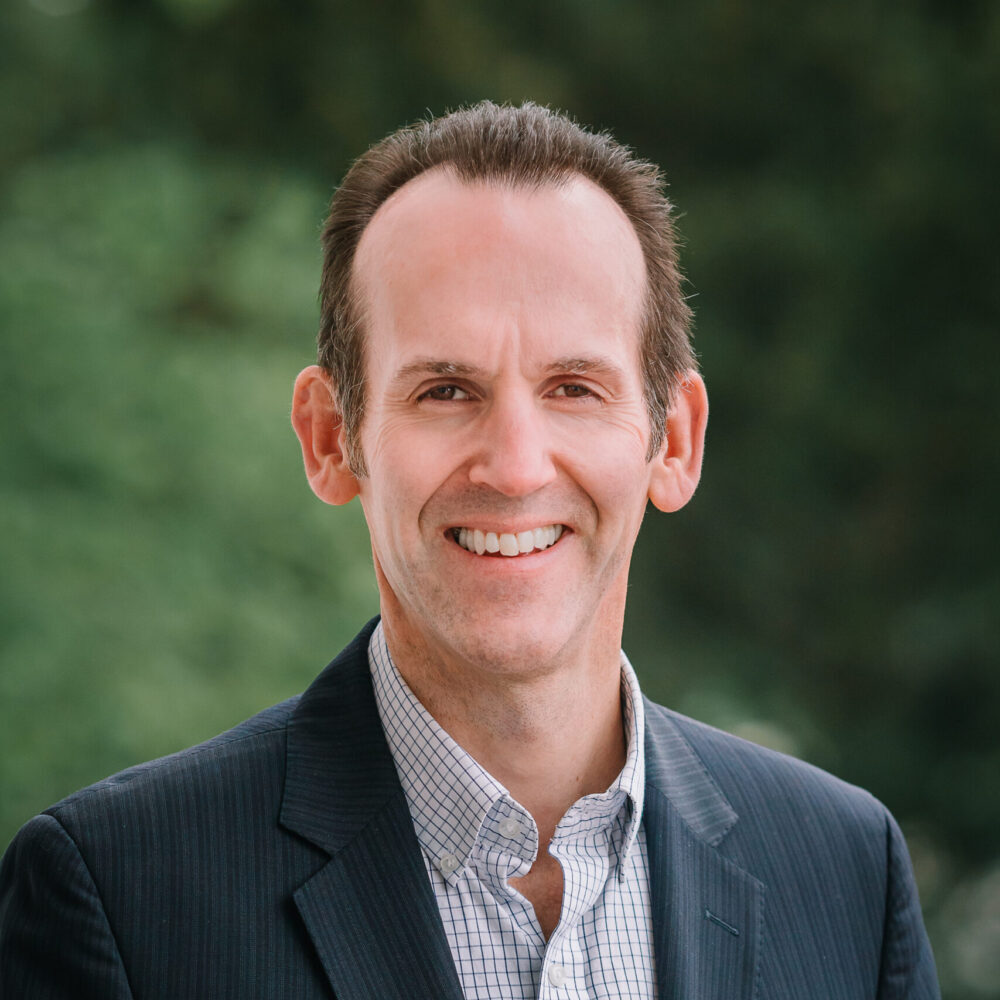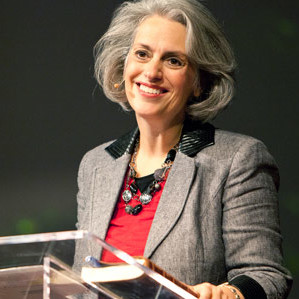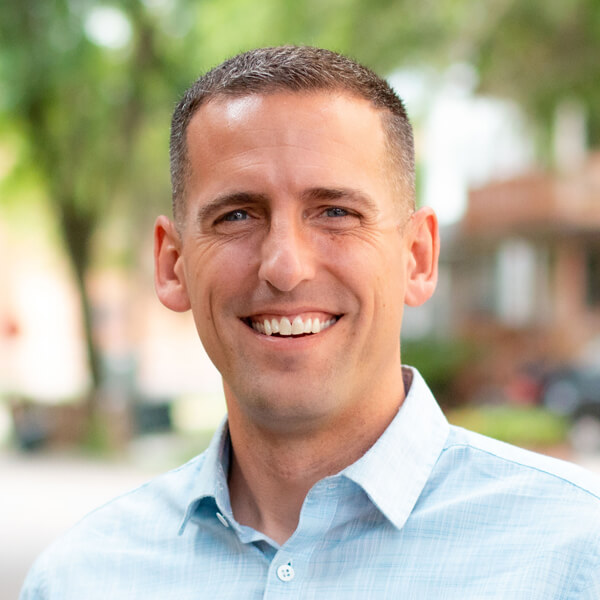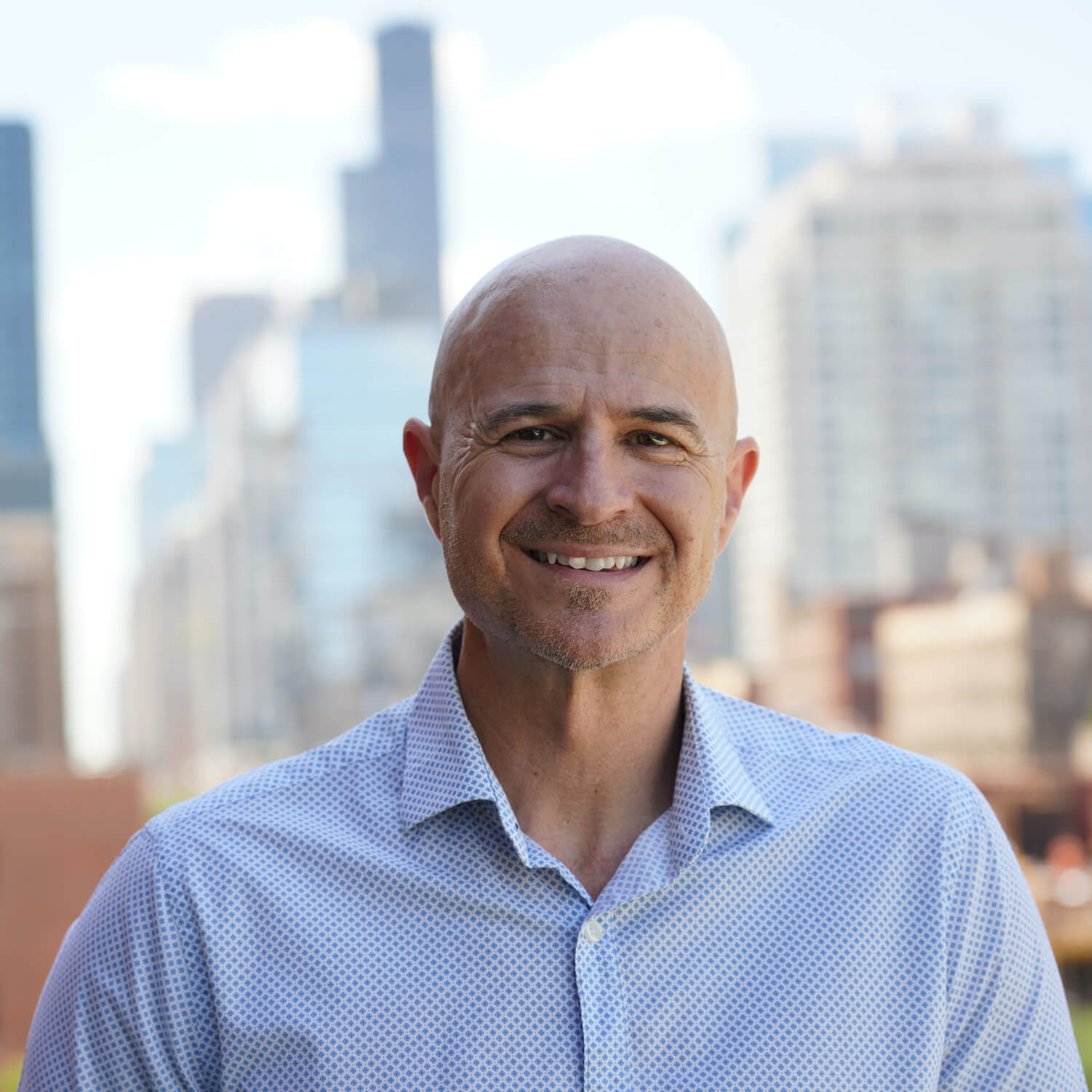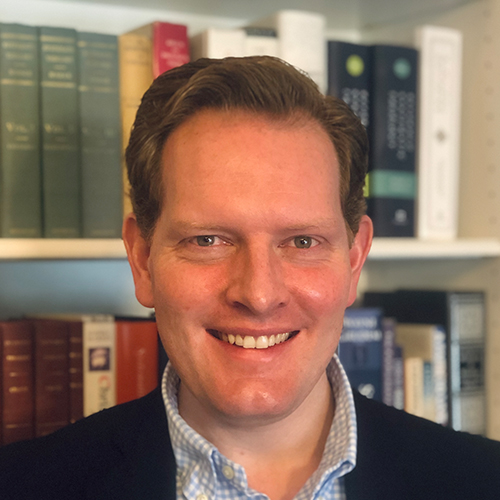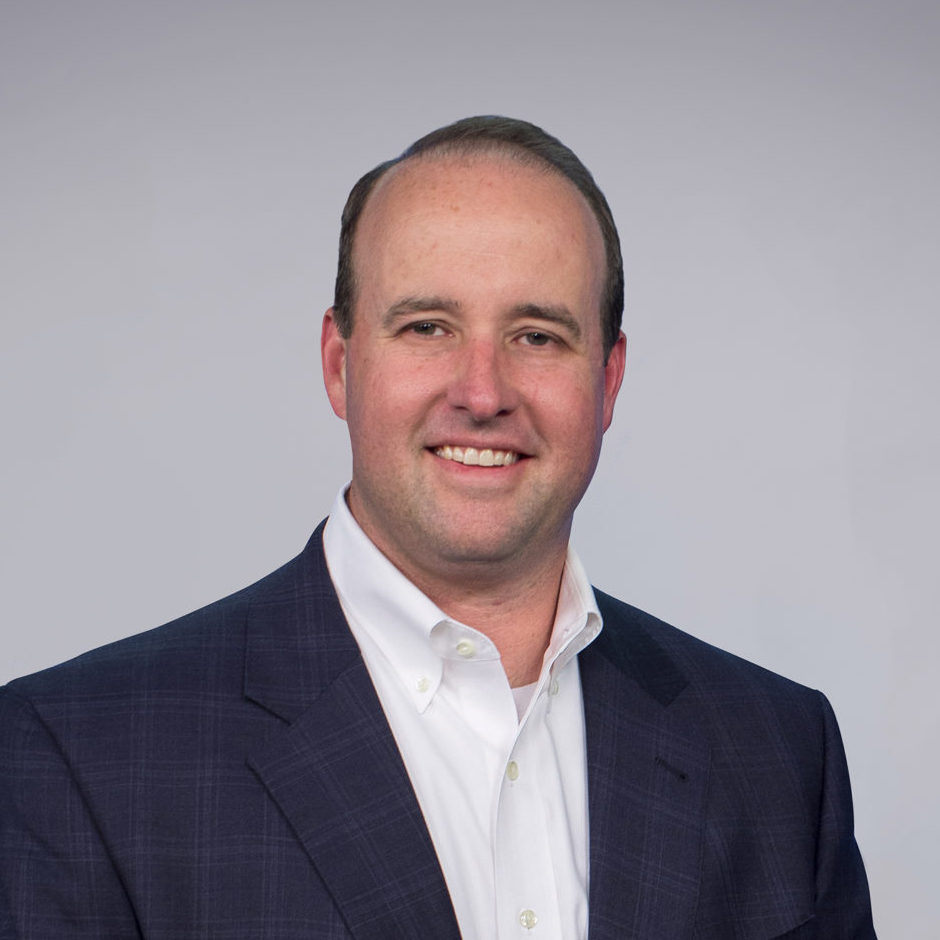When Should You Take Social Security? with Eddie Holland
Whether to buy a house or go to college are major financial decisions, but so is deciding when to take Social Security.
It’s true—tens of thousands of dollars, if not more, are on the line when deciding when to start Social Security benefits. Eddie Holland joins us today to help make the decision easier.
Eddie Holland is a Senior Private Wealth Advisor and partner of Blue Trust in Greenville, South Carolina. He’s also a CPA, a Certified Financial Planner (CFP®), and a Certified Kingdom Advisor (CKA®).
A Common Recommendation—But Not a One-Size-Fits-All
When it comes to retirement, one of the most common questions people ask is: When should I start taking Social Security benefits? It’s a vital decision that affects not only your income but also your long-term financial strategy and even your legacy.
It’s generally recommended to wait until at least full retirement age (66 or 67), but that doesn’t mean it’s the best choice for everyone. While delaying Social Security allows your benefits to grow up to 8% annually after full retirement age, thanks to what's called a delayed retirement credit, we must remember that each situation is unique.
Six Key Factors to Consider
Here are several factors that should guide your decision:
1. Reduction vs. Growth of Benefits
Taking Social Security early reduces benefits. Delaying past full retirement age increases benefits. That tradeoff is foundational to your strategy.
2. Cash Flow Needs
If you retire before full retirement age and need income, you might begin drawing Social Security early to meet immediate needs. Some people may need to pay off debt or cover living expenses.
3. Charitable Giving Goals
Interestingly, some retirees choose to take Social Security early in order to increase their generosity. Some people start taking benefits specifically to give more, either during retirement or as part of a legacy plan.
4. Health and Longevity
Your health and family history play a significant role. If you don’t expect to live well into your 80s or 90s, you might opt to draw earlier. But if you’re healthy and expect a longer life, delaying could offer more value over time.
5. Legacy and Inheritance
You can’t leave your Social Security benefits to heirs, but you can leave your investment portfolio. This means some people opt to draw Social Security sooner in order to preserve their portfolio for giving or inheritance purposes.
6. Tax Planning
Social Security benefits can be taxable depending on your income. Some people delay benefits until a year they anticipate being in a lower tax bracket, strategically minimizing the tax impact.
A Bonus Strategy: The “Mulligan”
In some cases, there is a lesser-known but potentially powerful option: the withdrawal application.
If you start taking Social Security before full retirement age and change your mind within the first 12 months, you can actually ‘undo’ it.” You’ll need to repay the benefits you received, but the Social Security Administration treats it as if you never started. You then have the option to restart at a later date, potentially at a higher benefit.
This strategy can be especially useful during periods of market volatility when withdrawing from your investment portfolio might not be ideal.
The Bottom Line
There’s no universal right age at which to begin drawing Social Security. It really depends on your personal situation—your income needs, health, tax strategy, and goals for generosity and legacy.
Wise financial planning starts with understanding your options and aligning those choices with your values and calling.
On Today’s Program, Rob Answers Listener Questions:
- How much is enough? My wife and I have 10 properties, including the one we live in. Because of COVID and a flood, I’ve been rehabbing them for the last few years. My wife is 71 and still working, and I’m wondering if we should continue fixing them up to maximize profit, or we should just hold them as they are, even if we get less money.
- I’m near retirement with $2 million saved and a good pension. Should I spend $3,300-$7,600 on a $20,000 term life policy, or is it unnecessary given my financial situation?
- I have assets but don’t work. Can I gift my RMD to my church and not have it counted on my income tax for 2026?
- I’m taking early retirement from the government, and I’m wondering about what to do with my thrift savings.
Resources Mentioned:
- Faithful Steward: FaithFi’s New Quarterly Magazine (Become a FaithFi Partner)
- Social Security Administration (SSA.gov)
- Blue Trust
- Wisdom Over Wealth: 12 Lessons from Ecclesiastes on Money (Pre-Order)
- Look At The Sparrows: A 21-Day Devotional on Financial Fear and Anxiety
- Rich Toward God: A Study on the Parable of the Rich Fool
- Find a Certified Kingdom Advisor (CKA) or Certified Christian Financial Counselor (CertCFC)
- FaithFi App
Remember, you can call in to ask your questions most days at (800) 525-7000. Faith & Finance is also available on the Moody Radio Network and American Family Radio. Visit our website at FaithFi.com where you can join the FaithFi Community and give as we expand our outreach.


